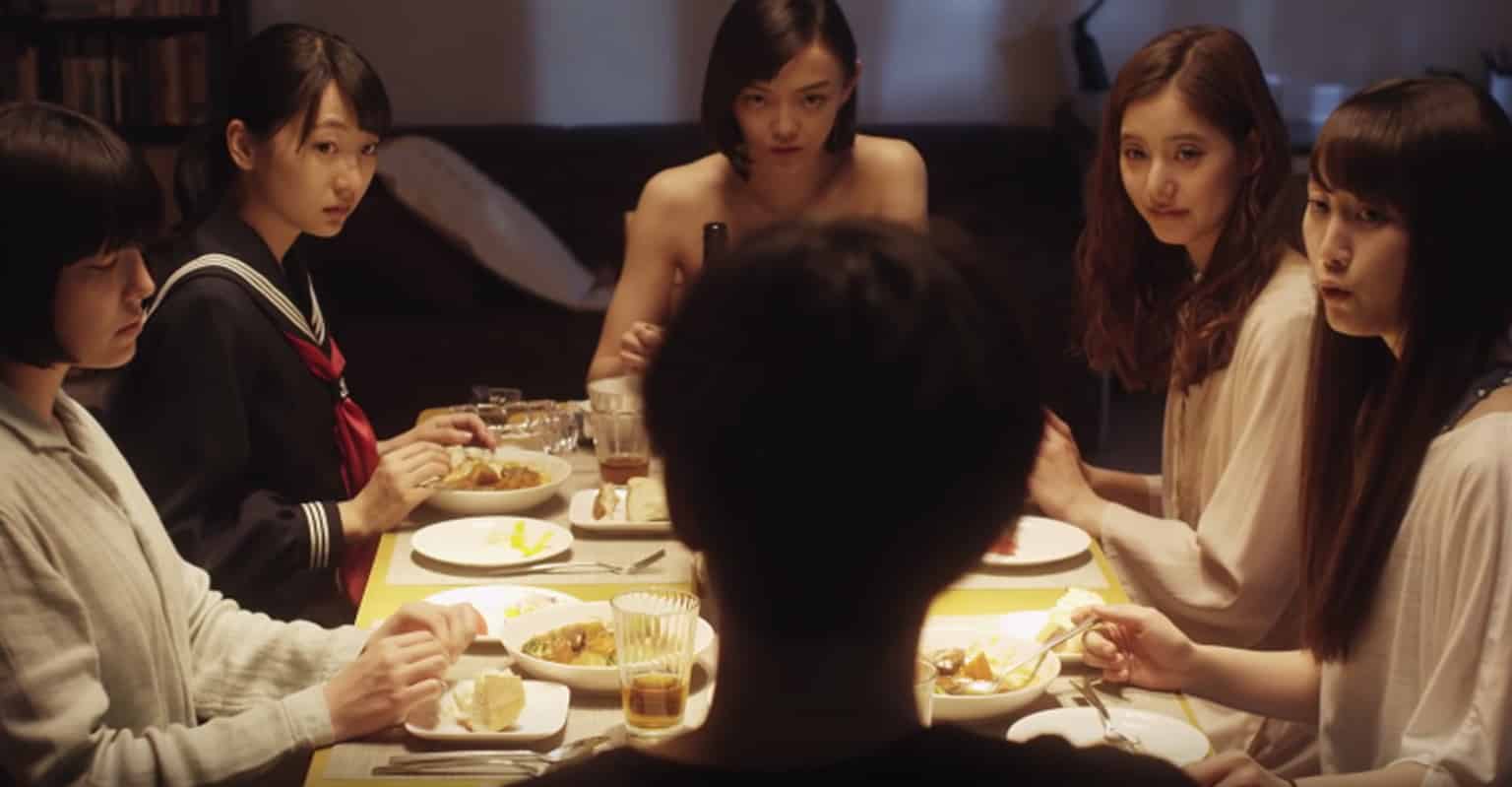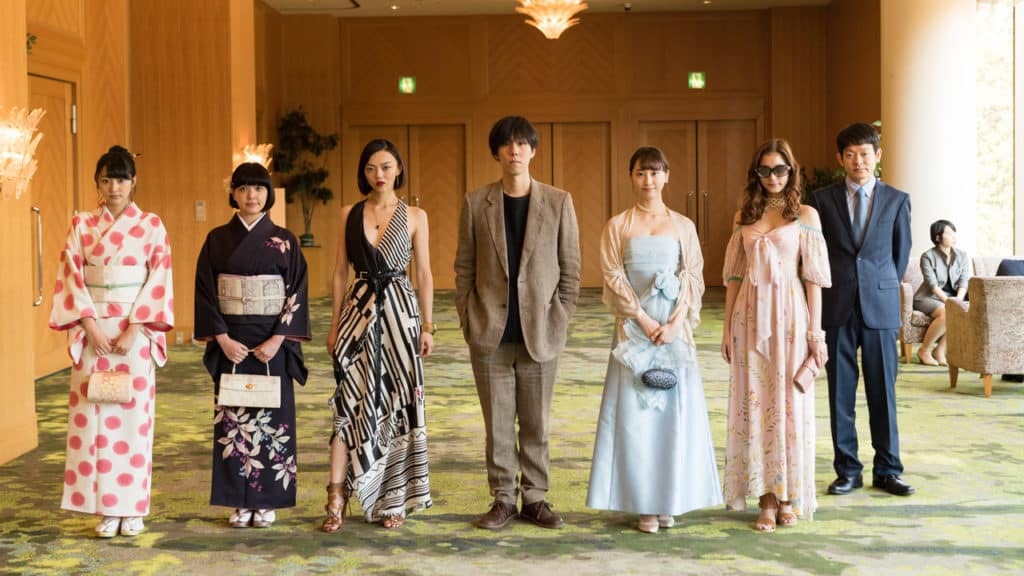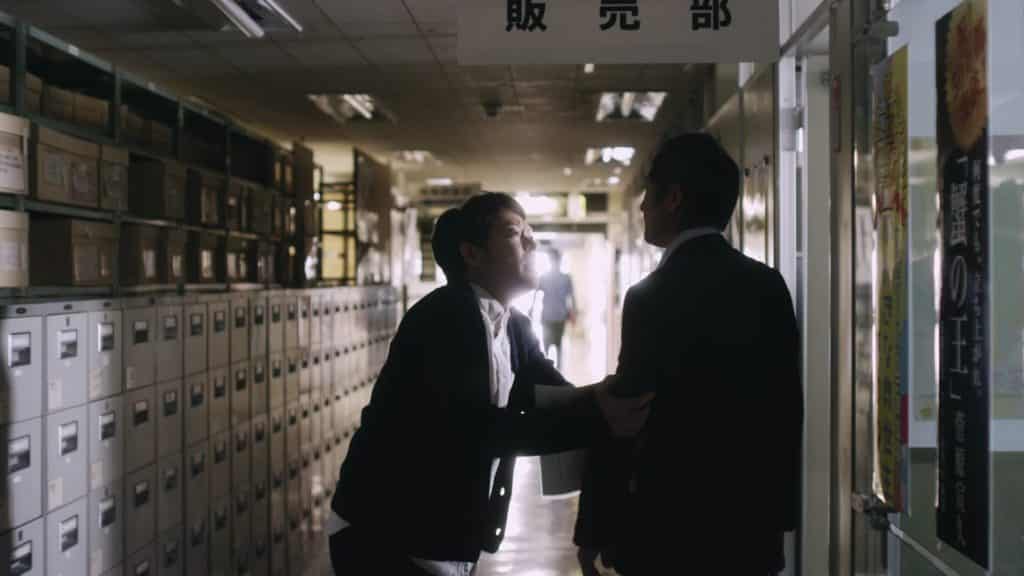
(No Major Spoilers)
Sometimes the mood strikes to watch something different, yet familiar. Having a fond interest in the Japanese language and culture, I gravitate towards Japanese dramas and anime. Indulging in a trope is fine, so long as it has an interesting gimmick, which Million Yen Women has.
This live-action show seemed like it was going to run the regular course of the harem genre as it played into some fan service. One bland “insert yourself here” male character in the middle of a cast of stereotypical women that are far too good for him but vie for his attention. The hook though, and the reason I stayed, was the mystery of why all of these interesting characters chose to live in this situation.
During my binge, it initially seemed like the show would’ve been more compelling without the main character. However, the subtlety of the several aspects of the story line would’ve been lost completely. In fact, there’s no way this story could’ve happened without him.
What’s Happening?
Shin Michima is the son of a man who killed his wife and her lover after discovering she was having an affair. He also killed a police officer who arrives on the scene, all which culminates to him landing in prison. Racked with guilt, his son lives alone in a surprisingly large apartment, receiving daily fax reminders that his father is a murderer.
He’s an author, which allows him to mostly be a shut-in. Due to the traumatic events from his father’s actions, he has sworn to never kill anyone in his books. Over time, you see the few strained relationships he’s maintained since news of his father’s crimes went public.
One day, 5 women show up on his doorstep, offering to pay 1 million yen ($8.8k) in rent every month. The conditions are that he is never to ask about their personal lives, they have to eat meals together, and none of them can date. The elephant in the room of “why is this happening” is what made me stay. Well, that and getting to know the ladies and their colorful personalities.

Taking the Trope Too Far?
This sort of genre requires the main character to be bland so viewers can easily insert themselves into the fantasy. It initially felt like they were taking it too far. Every time the main character had some featured story line, it felt boring. Shin seemed like a cardboard cutout of a person being moved through life by the people around him. By the end of the series however, the realization struck that the subtlety of the actor’s performance was the flavor worth savoring.
The idea of the main character is that he’s not supposed to be emotional until the end. He’s suffering from severe depression, and it makes sense that he wouldn’t have much emotional depth. It’s frustrating to watch him constantly have to be acted upon to do something, but that’s the point.
The issue with this however, is that it makes watching the earlier episodes a bit of a slog. It’s hard to attach to him emotionally since he’s intentionally closed off. You only really connect with the women, and while they’re not supposed to be the main focus, this is also according to plan.

A Sharp Turn
In a harem anime, you see a group of women all trying to get with the male main character. You pick which one you would like and “root” for them as the story progresses. That rings true in this series as well, but the issue is that the options become limited over time. There was a moment where I wondered if there would be anyone to end up with the main character.
Truth be told, this is what kept me hooked, because “wait, what, why?”. However, the motivations for removing his romantic options are both understandable and very frustrating for the overarching story. You get the idea that these women are brought into Shin’s life to affect him in some way, but it doesn’t make the outcome any less difficult to see.
Savor the Subtlety
This story was created to leave you with an incomplete feeling. The notion that you could say more, but to do so would ruin the point of it all. While that’s a vague statement to make, being vague is a major plot line. The casting was perfect, with episodes paced just well enough to pull viewers to the next episode.
There are so many moving parts and pieces that you constantly have the illusion that you know what’s happening. Every aspect is woven into each other so seamlessly that it almost feels like you could miss it. This is a show I could easily watch again to pick up more information.
Conclusion
Many Japanese dramas have been hard to watch in the past. Actors are usually overplaying stereotypical characters, letting reactions sit too long. Camera work and coloring choices are normally apparent enough to be distracting. In this show however, the camera work, acting, and story were far superior to what I’ve seen in the past. That isn’t to say improvements couldn’t be made, but none of it was so blatant that I was pulled out of the immersion.
Million Yen Women is a common premise that uses subtlety and drama to perfection. The ladies are Japanese stereotypes, but break out of their norms by being strong, independent women. However, it doesn’t make sense that they’re all rooting for a cardboard cutout they’ve never met. Despite this, if it’s interesting enough to make me want to watch it a second time around, it might be worth it for you to give a go once.



